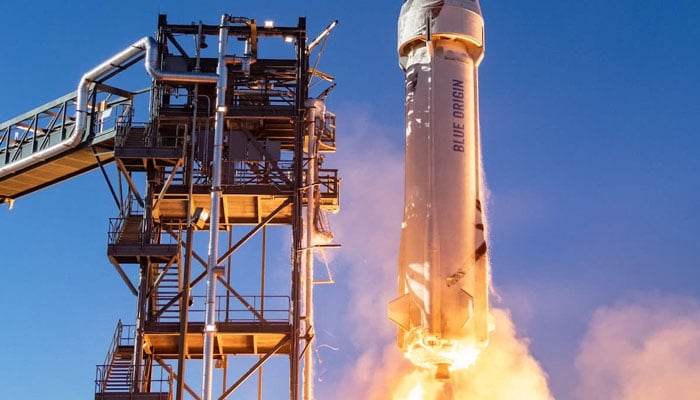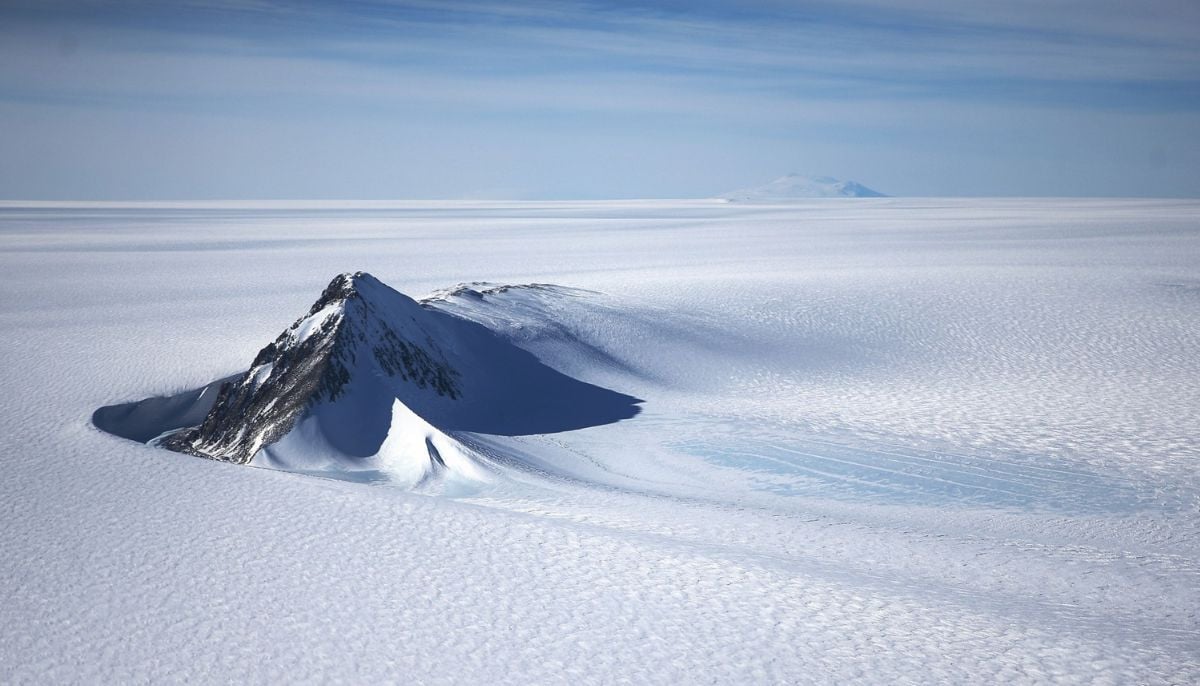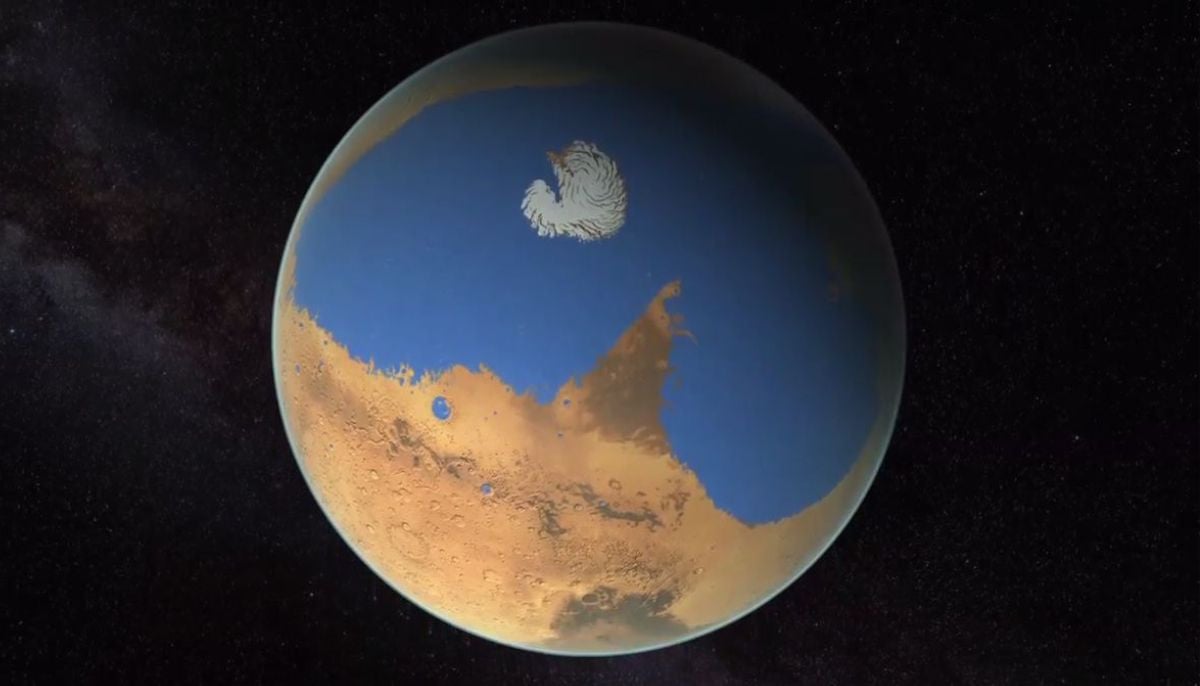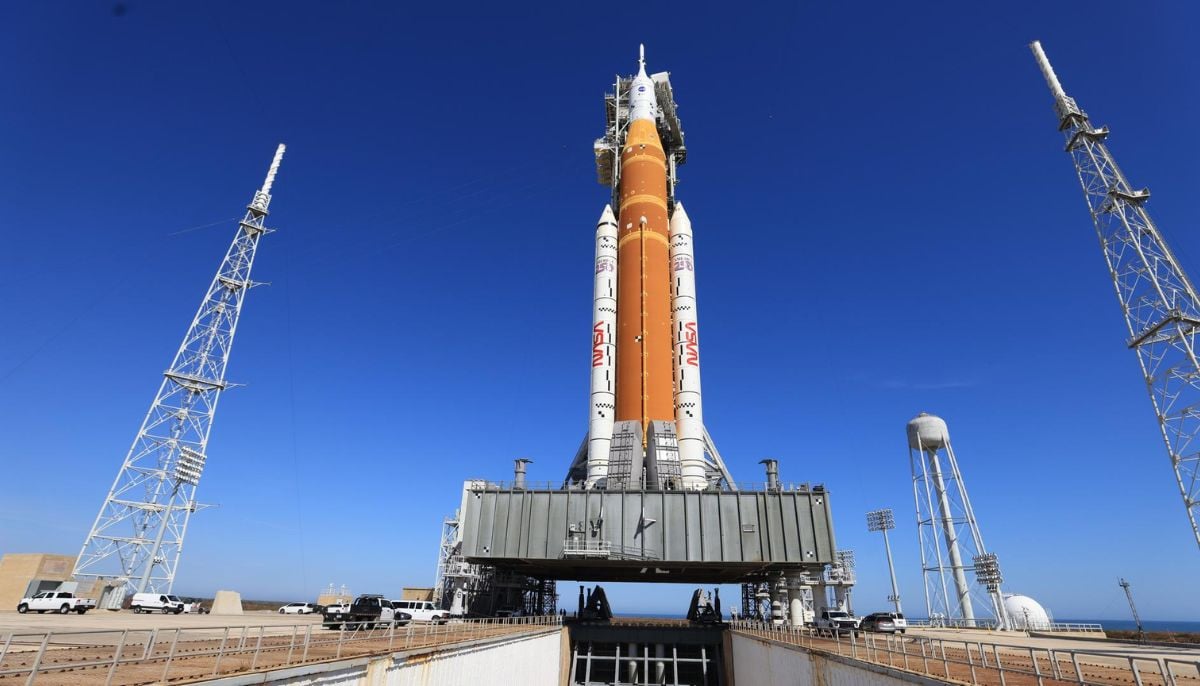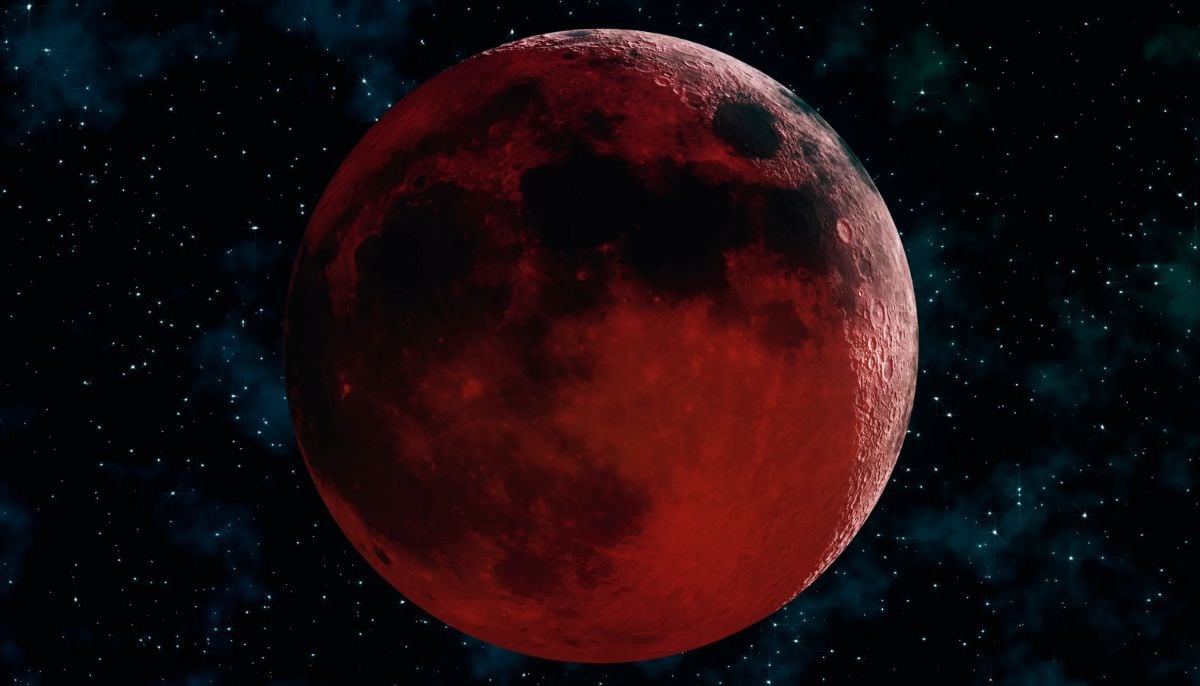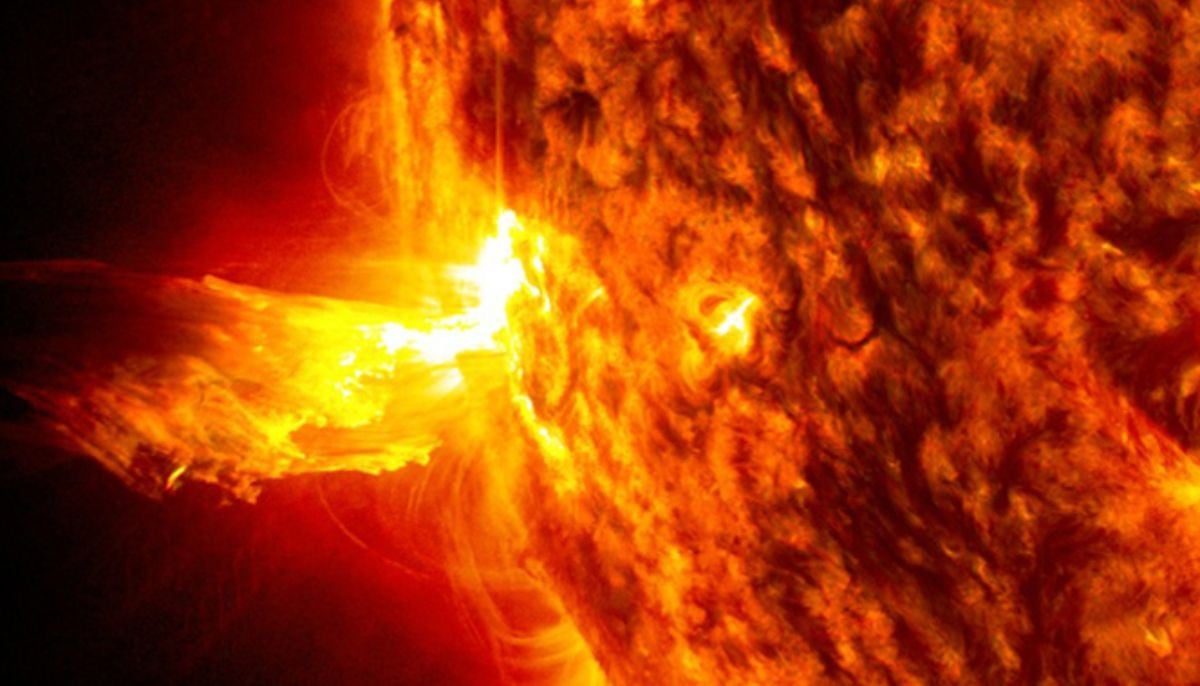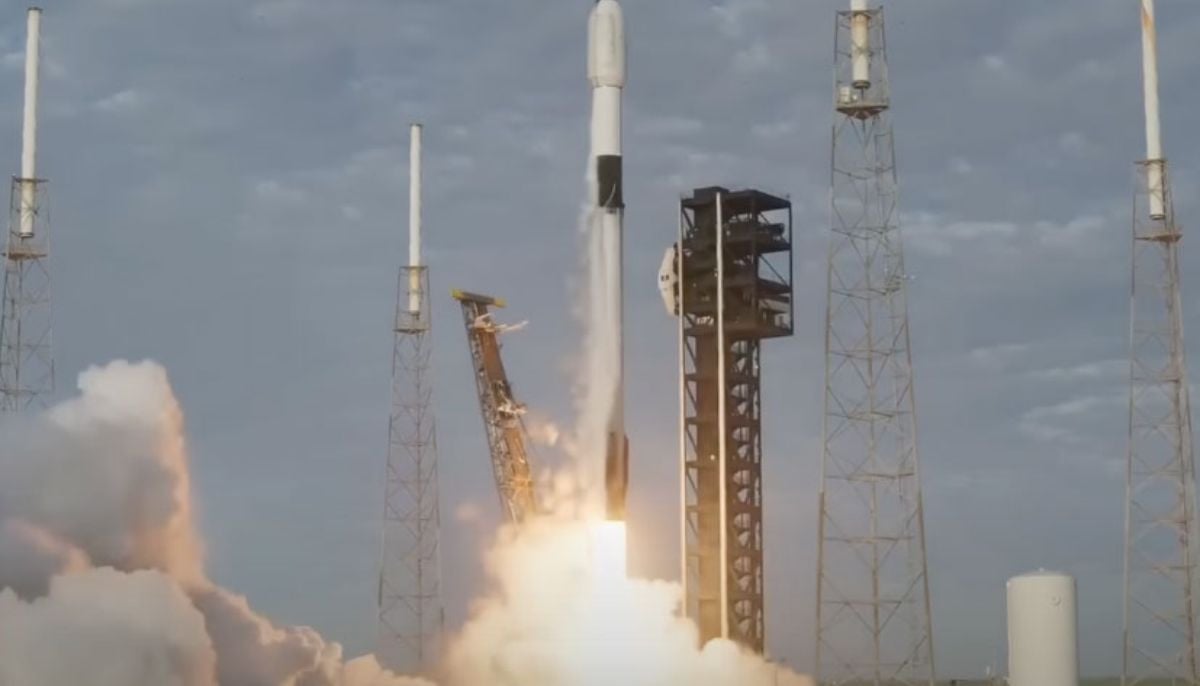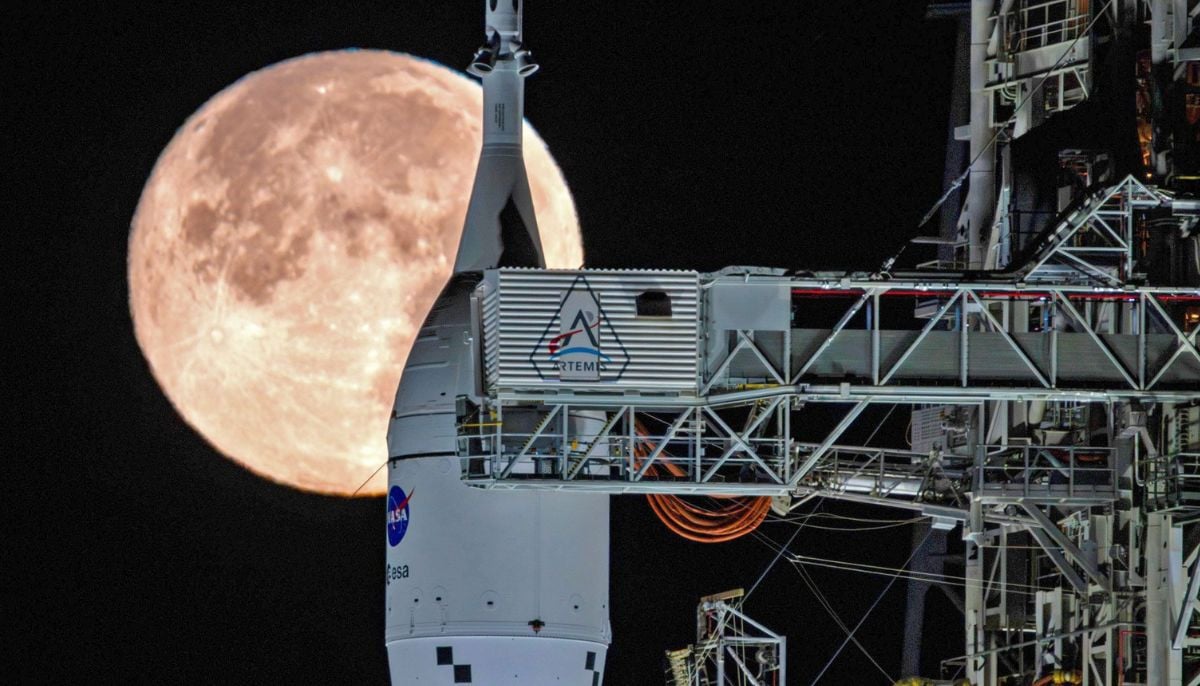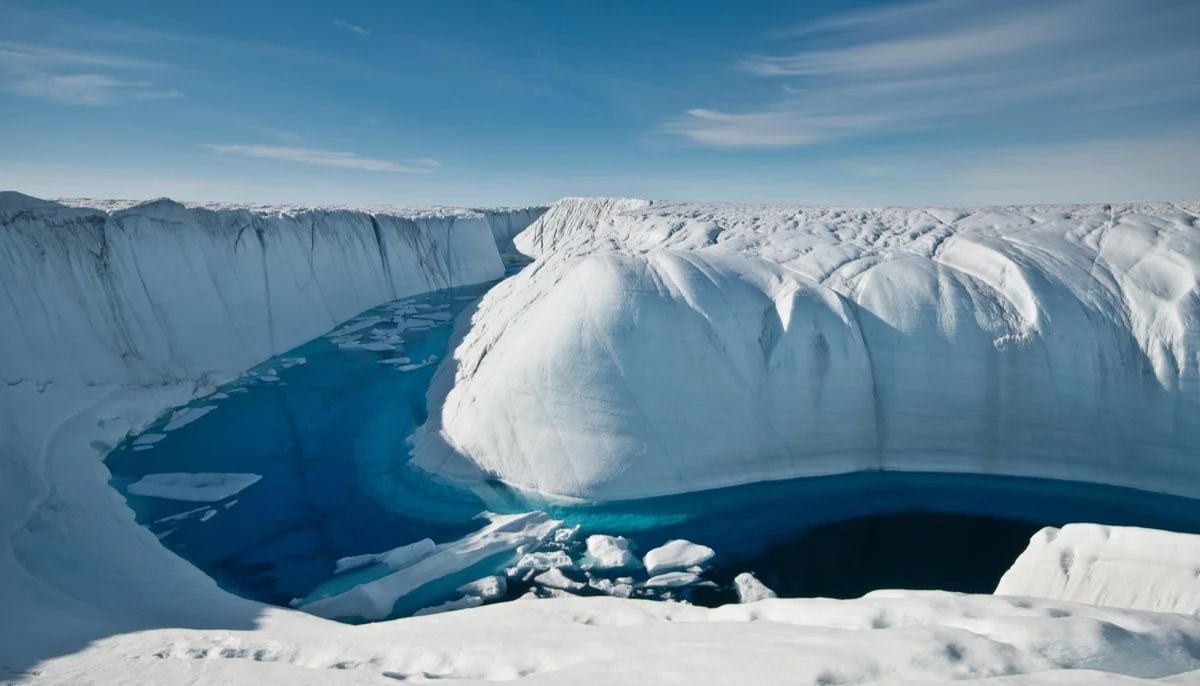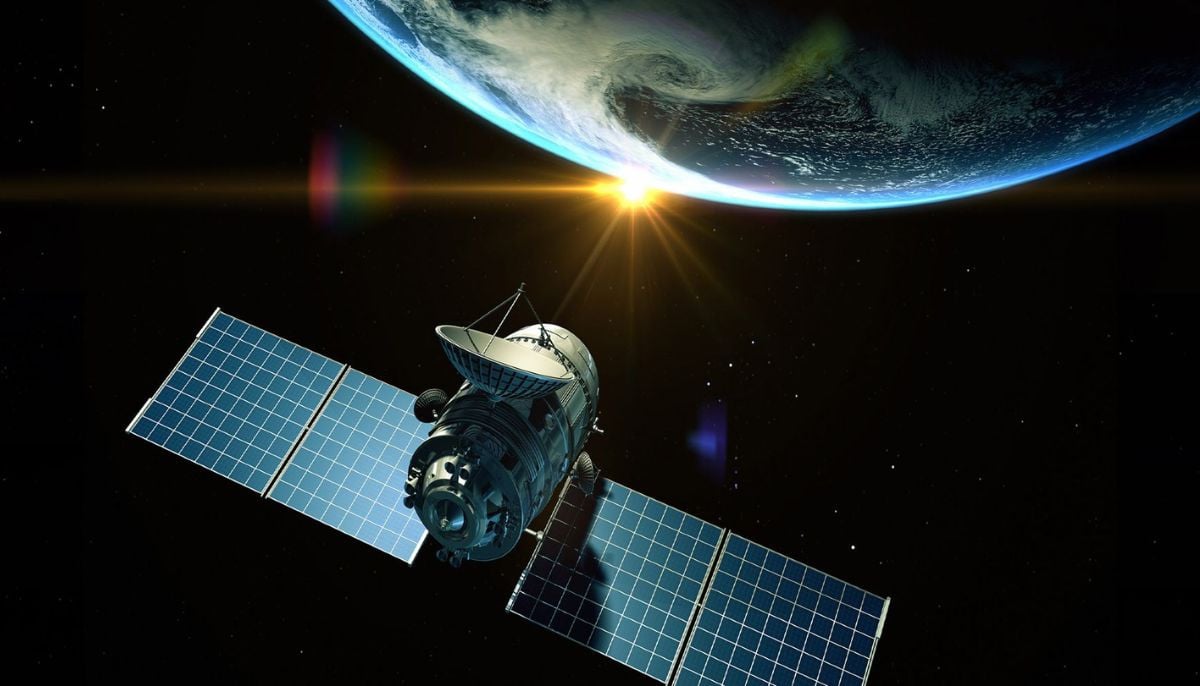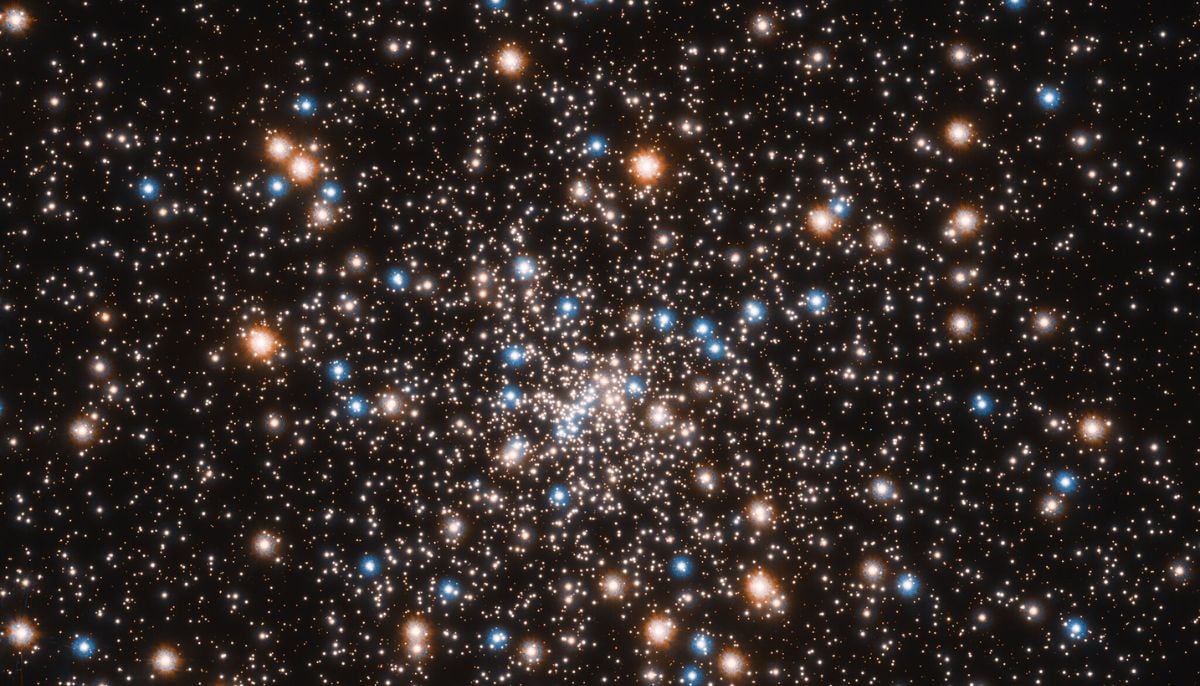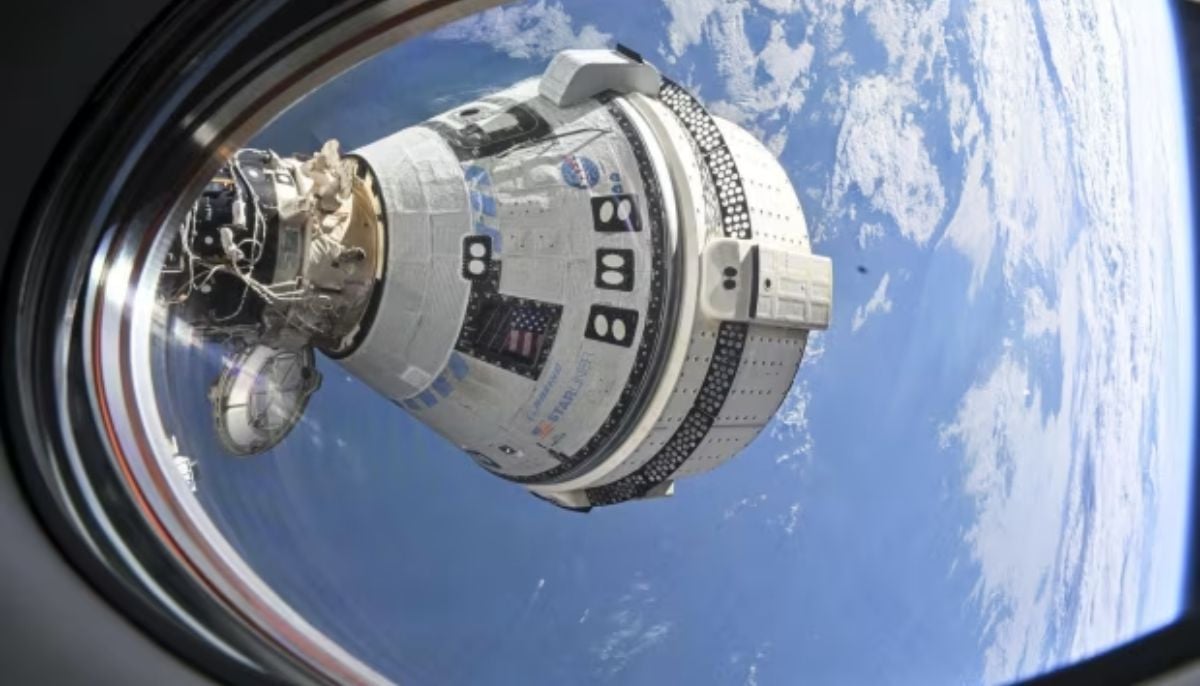Jeff Bezos' Blue Origin to launch historic space tourism on July 20
The space tour flight will last a total of ten minutes, four of which passengers will spend above the Karman line that marks the recognized boundary between Earth´s atmosphere and space
WASHINGTON: Jeff Bezos´ Blue Origin will send its first crew to space on July 20 and is offering one of the seats to the winner of an online auction, the company said Wednesday.
The trip will last a total of ten minutes, four of which passengers will spend above the Karman line that marks the recognized boundary between Earth´s atmosphere and space.
"We´ve been perfecting our ability to launch, land and repeat," a video accompanying the announcement said.
"Our next launch will be the first time astronauts will fly aboard New Shepard."
The reusable suborbital rocket system was named after Alan Shepard, who sixty years ago on Wednesday became the first American in space.
New Shepard has successfully carried out 15 uncrewed test runs launching from its facility in the Guadalupe Mountains of West Texas.
After lift-off, the capsule, which carries up to six crew members, separates from its booster, then spends four minutes at an altitude exceeding 60 miles (100 kilometers), during which time those on board experience weightlessness and can observe the curvature of Earth from space.
The booster lands autonomously on a pad two miles (3.2 kilometers) from the launch site, and the capsule floats back to the surface with three large parachutes that bring it down to about a mile an hour when it lands.
Blue Origin said the bidding will be unsealed on May 19 before a final-stage live online auction on July 12 when the winner is announced.
The proceeds will go to the company´s foundation, Club for the Future, which aims to inspire future generations to pursue careers in STEM.
-
Total Lunar eclipse: What you need to know and where to watch
-
Sun appears spotless for first time in four years, scientists report
-
SpaceX launches another batch of satellites from Cape Canaveral during late-night mission on Saturday
-
NASA targets March 6 for launch of crewed mission around moon following successful rocket fueling test
-
Greenland ice sheet acts like ‘churning molten rock,’ scientists find
-
Space-based solar power could push the world beyond net zero: Here’s how
-
Hidden ‘dark galaxy' traced by ancient star clusters could rewrite the cosmic galaxy count
-
Astronauts face life threatening risk on Boeing Starliner, NASA says
